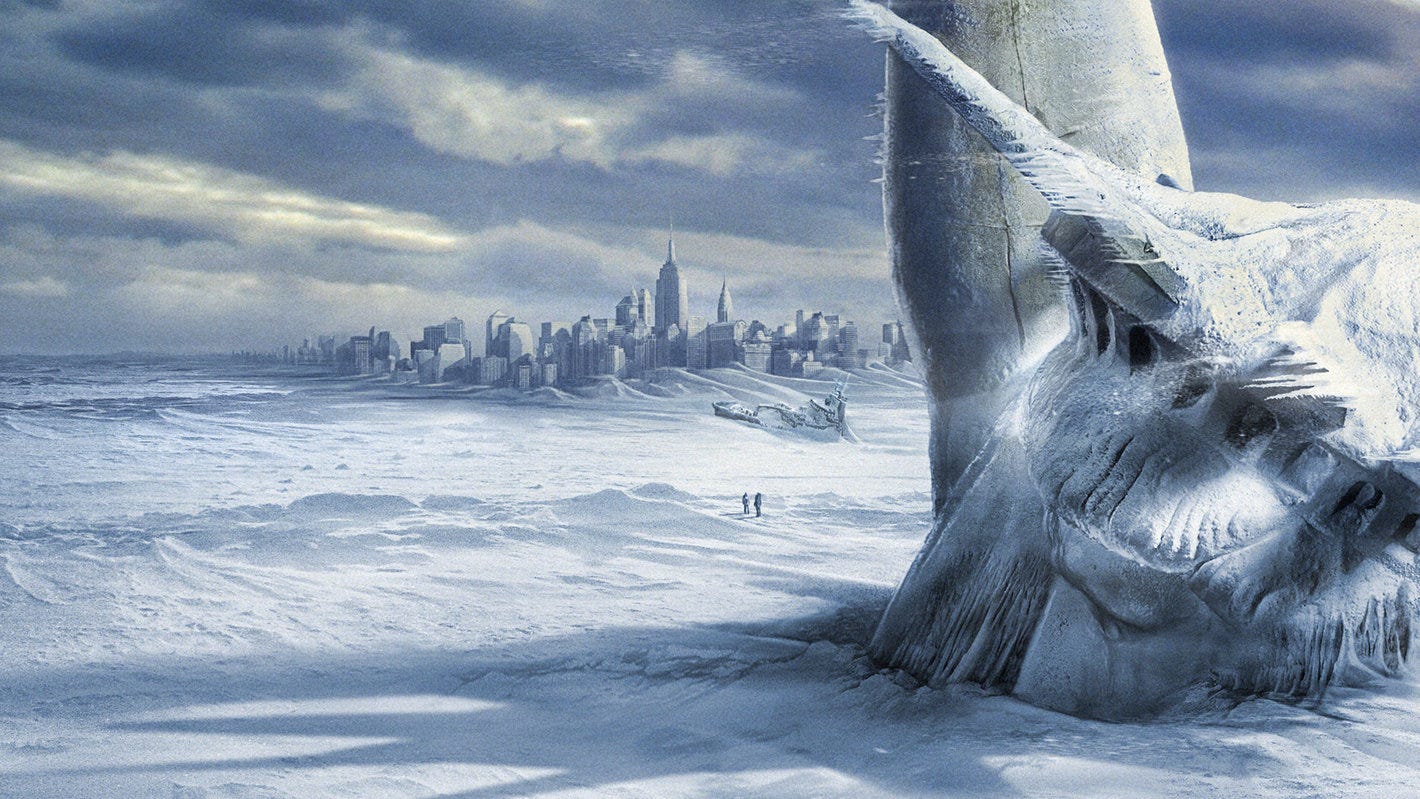Rep. Gus Bilirakis (R) fields questions at a healthcare reform listening
session in New Port Richey, Florida. The false claim of 'death panels'
in the ACA was PolitiFact's "Lie of the Year" in 2009.
"..The point is that we are all capable of believing things which we
know to be untrue, and then, when we are finally proved wrong,
impudently twisting the facts so as to show that we were right.
Intellectually, it is possible to carry on this process for an
indefinite time: the only check on it is that sooner or later a false
belief bumps up against solid reality, usually on a battlefield."
George Orwell

As
the Guardian points out, this has an important and likely not
accidental effect: it leaves the State Department entirely unstaffed
during these critical first weeks, when orders like the Muslim ban
(which they would normally resist) are coming down.
The
article points out another point worth highlighting: “In the past, the
state department has been asked to set up early foreign contacts for an
incoming administration. This time however it has been bypassed, and
Trump’s immediate circle of Steve Bannon, Michael Flynn, son-in-law
Jared Kushner and Reince Priebus are making their own calls.”
(5) On Inauguration Day, Trump apparently filed his candidacy
for 2020. Beyond being unusual, this opens up the ability for him to
start accepting “campaign contributions” right away. Given that a
sizable fraction of the campaign funds from the previous cycle were paid
directly to the Trump organization in exchange for building leases,
etc., at inflated rates, you can assume that those campaign coffers are a
mechanism by which US nationals can easily give cash bribes directly to
Trump. Non-US nationals can, of course, continue to use Trump’s hotels
and other businesses as a way to funnel money to him.
(6)
Finally, I want to highlight a story that many people haven’t noticed.
On Wednesday, Reuters reported (in great detail) how 19.5% of Rosneft,
Russia’s state oil company, has been sold to parties unknown.
This was done through a dizzying array of shell companies, so that the
most that can be said with certainty now is that the money “paying” for
it was originally loaned out to the shell layers by VTB (the
government’s official bank), even though it’s highly unclear who, if
anyone, would be paying that loan back; and the recipients have been
traced as far as some Cayman Islands shell companies.
Why is this interesting? Because the much-maligned Steele Dossier
(the one with the golden showers in it) included the statement that
Putin had offered Trump 19% of Rosneft if he became president and
removed sanctions. The reason this is so interesting is that the dossier
said this in July, and the sale didn’t happen until early December. And
19.5% sounds an awful lot like “19% plus a brokerage commission.”
Conclusive? No. But it raises some very interesting questions for journalists to investigate.
What does this all mean?
I
see a few key patterns here. First, the decision to first block, and
then allow, green card holders was meant to create chaos and pull out
opposition; they never intended to hold it for too long. It wouldn’t
surprise me if the goal is to create “resistance fatigue,” to get
Americans to the point where they’re more likely to say “Oh, another protest? Don’t you guys ever stop?” relatively quickly.
However, the conspicuous absence of provisions preventing them from executing any of the “next steps” I outlined yesterday,
such as bulk revocation of visas (including green cards) from nationals
of various countries, and then pursuing them using mechanisms being set
up for Latinos, highlights that this does not mean any sort of backing down on the part of the regime.
Note
also the most frightening escalation last night was that the DHS made
it fairly clear that they did not feel bound to obey any court orders. CBP continued to deny
all access to counsel, detain people, and deport them in direct
contravention to the court’s order, citing “upper management,” and the
DHS made a formal (but confusing) statement that they would continue to
follow the President’s orders. (See my updates from yesterday,
and the various links there, for details) Significant in today’s
updates is any lack of suggestion that the courts’ authority played a
role in the decision.
That
is to say, the administration is testing the extent to which the DHS
(and other executive agencies) can act and ignore orders from the other
branches of government. This is as serious as it can possibly get: all
of the arguments about whether order X or Y is unconstitutional mean
nothing if elements of the government are executing them and the courts
are being ignored.
Yesterday was the trial balloon for a coup d’état against the United States. It gave them useful information.






